Adults who work with Young People News
In September 2015 the National Police Chief Council released a statement on the procedure they have to take when a ‘sexting’ incident is reported to the police. As a result South West Grid for Learning and the UK Safer Internet Centre have updated their advice for schools when responding and managing a sexting incident into two infographics.
Employers can read workers' private messages sent via chat software and webmail accounts during working hours, judges have ruled.
The European Court of Human Rights (ECHR) said a firm that read a worker's Yahoo Messenger chats sent while he was at work was within its rights.
Banning mobile phones and other technology in the classroom is 'moving in the wrong direction.' an academic has said, as he warns children will keep using technology anyway.
Read the article
After a man was sacked from his job for sending an abusive message, a feminist blogger found herself on the receiving end of a wave of abuse. So why do many hard core internet trolls target women, and feminists in particular?
A woman has received £25,000 in compensation in the first award of damages for a civil case involving sexting.
The woman was encouraged as a 16-year-old schoolgirl to send naked photographs of herself to a teacher at the New School, a private school near Sevenoaks in Kent.
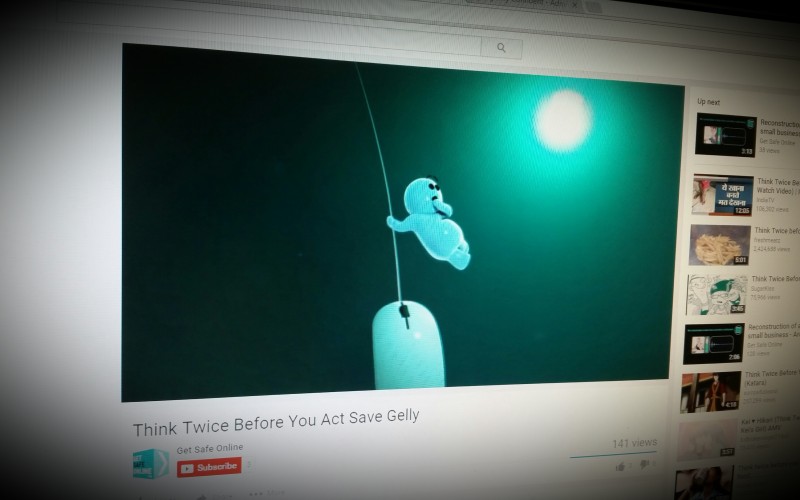
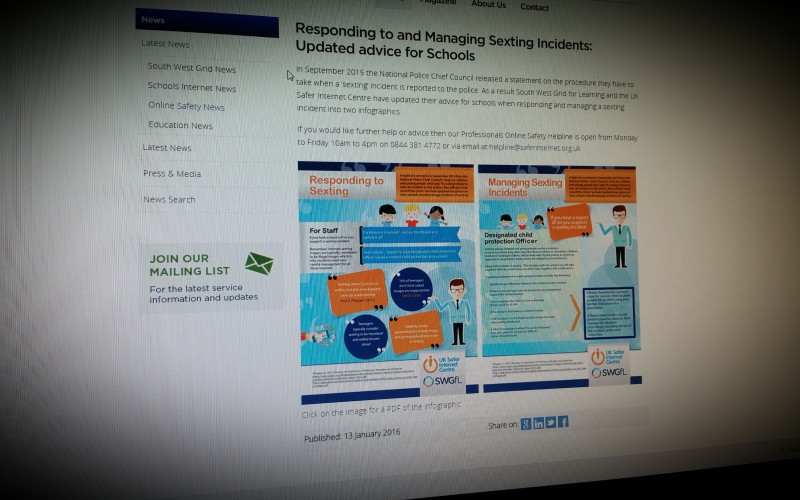
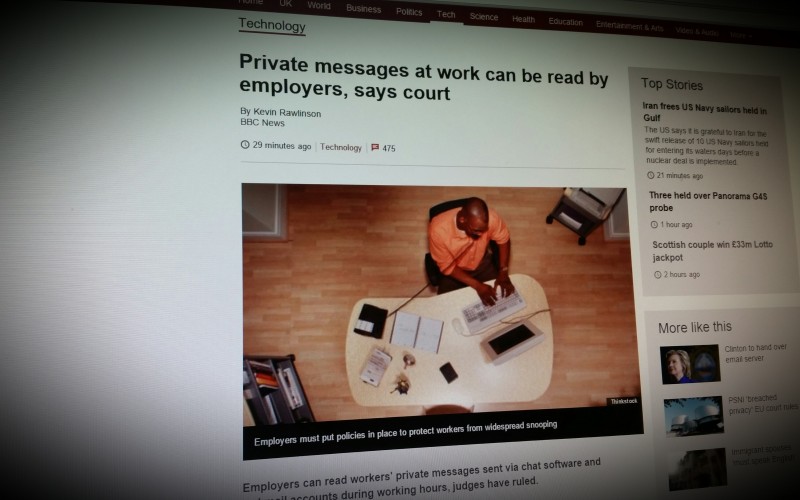
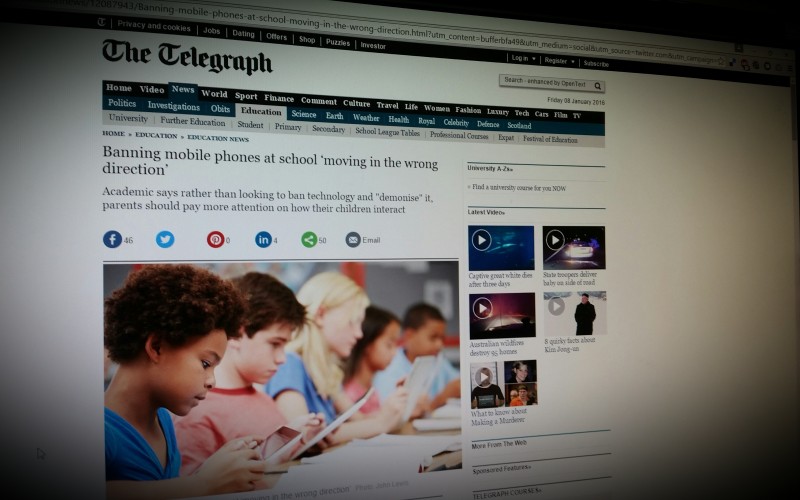
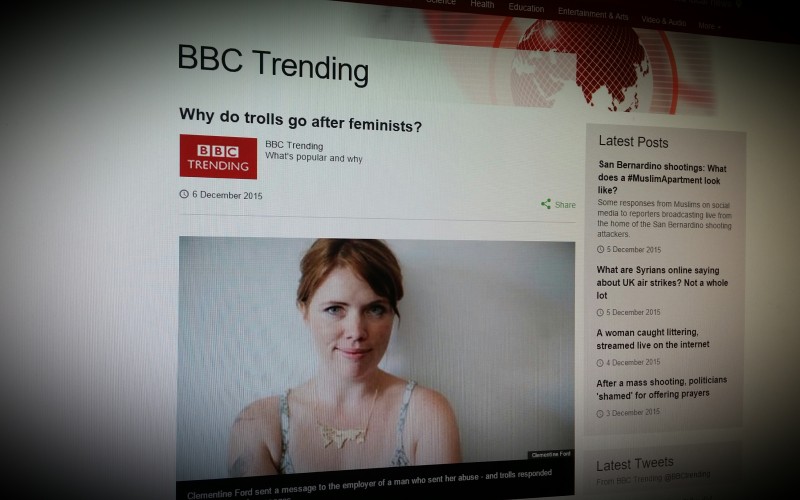
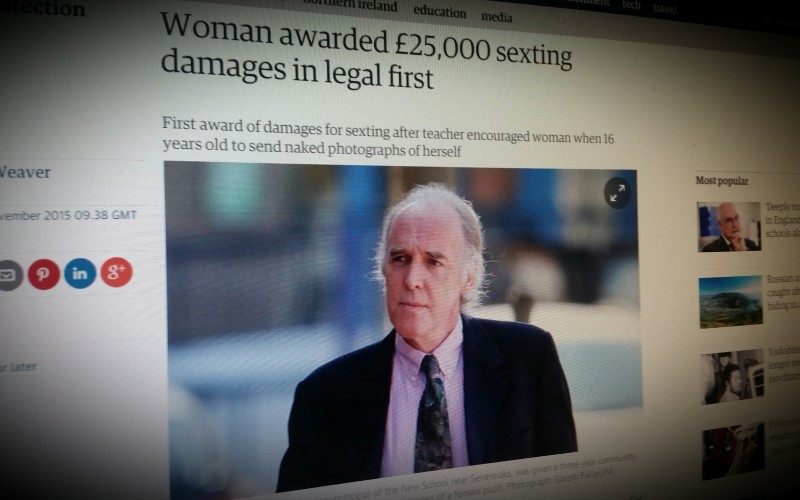
Comments
make a comment